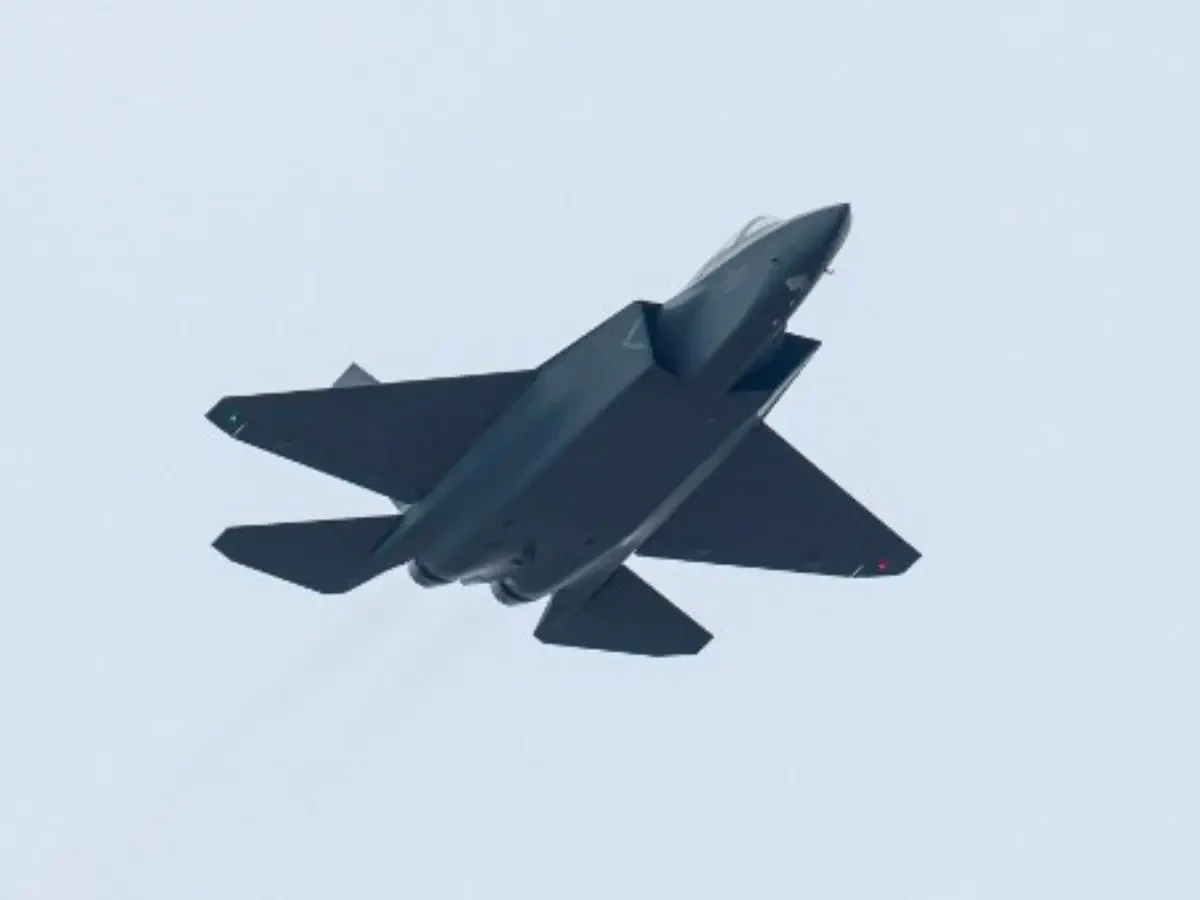In an interview with Arab News, Pakistan’s Defence Minister Khawaja Asif denied reports of a potential deal involving China’s advanced J-35A stealth fighter jets.
He dismissed those claims as mere media speculations aimed at boosting the defence sales of China.
According to reports from international media outlets, such as Bloomberg, in June 2025, Pakistan was touted to be the first foreign buyer of advanced J-35A stealth fighter jets, a fifth-generation stealth fighter developed by China’s Shenyang Aircraft Corporation. With the reports, China’s Defence stocks jumped by 10 per cent, specifically AVC Shenyang Aircraft Corporation.
While speaking to Arab News, Asif said, “We are not buying them”. His rebuttal is a sharp u-turn: “I think it’s only the media…It’s good for Chinese Defence sales”. Whereas outlets reported about the delivery of J-35A stealth fighter jets equipped with advanced PL-17 long-range air-to-air missiles, as early as in a few months or August 2025. There were also reports of pilot training in China and the field readiness of 30-40 aircraft. China was supposed to offer a 50 per cent discount on 30 jets.
Why is Pakistan denying the purchase of China’s J-35 jets?
Tension between India and Pakistan was ripe following the border skirmishes in May and air strikes from India on Pakistani bases. Publicly confirming a stealth fighter deal with China would be provocative to India and possibly would escalate an arms race. Moreover, Pakistan is under strict IMF loan conditions and global scrutiny. A denial lets Pakistan appear fiscally responsible.
The interview gives a clear indication that Chinese-state-linked media intentionally leaked or inflated the story to boost J-35’s export potential and market demand. A successful deal with Pakistan will attract other potential buyers such as Egypt or Algeria, as reported by some outlets. This was China’s move to challenge Western dominance. However, China’s Ministry of Defence and Shenyang Aircraft Corporation have remained silent on the J-35A rumours, neither confirming nor denying Pakistan’s alleged interest.
The rapid spread of these rumours reflects the volatile nature of defence reporting, where unverified claims can quickly shape narratives about regional power dynamics.
